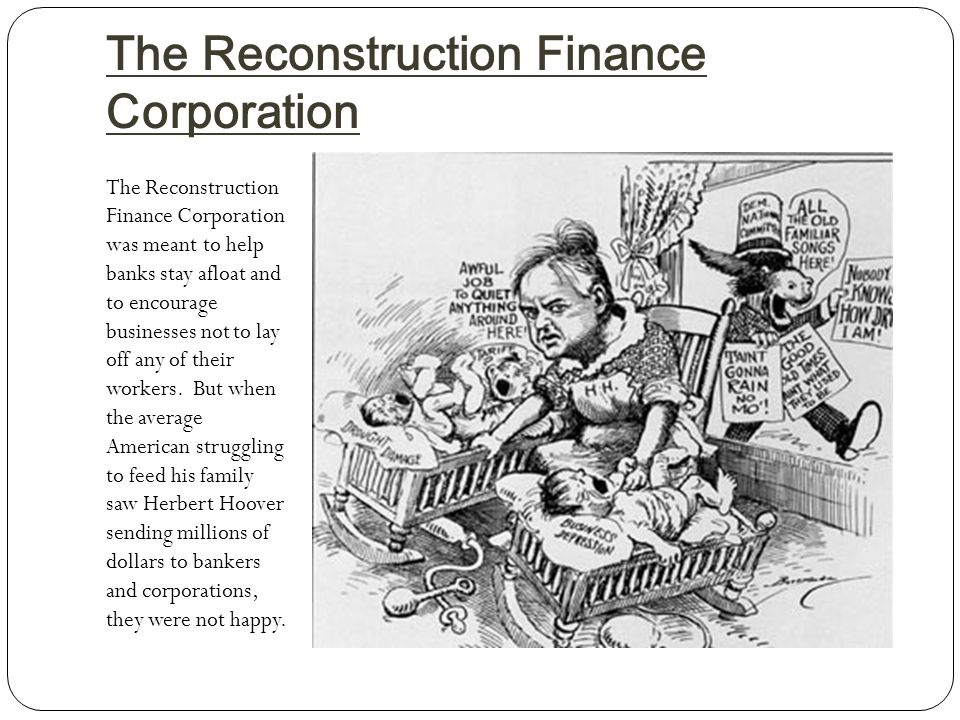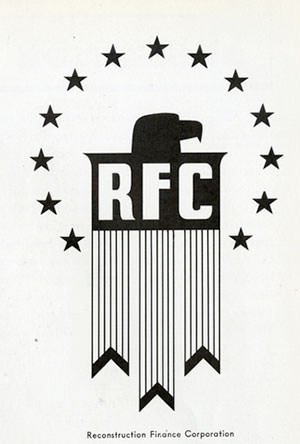" I would recommend that, if possible, don't put pressure on yourself to be profitable right away considering that some kinds of organization, such as blogging, are a long game. Overall, my advice is to do your finest, respond to feedback from your audience, and pivot your content or item accordingly." This short article was initially published on.
Although we all use our savings account daily, the majority of us might not understand how banks in fact work. With examining accounts that pay you interest and complimentary ATM services, how do banks generate income? Well, you much better believe banks are a service and earnings is their leading priority. Let's enter it! Essentially, banks do not make a profit till they have your cash, so attracting and maintaining clients is key for banking organizations.
Like any organization, banks have costs and profits streams that they tactically take advantage of in order to grow. Banks are understood for charging penalties or recurring charges to account holders, however the main method they earn money is through loans. Below are the primary methods which banks earn money. When you deposit your cash in a savings account, the bank utilizes that money to make loans to other people and services to whom they charge interest - how much money can finance degree make per hour.
However, they gather more interest on the loans they release to besides the quantity of interest they pay to account holders like you. This, in turn, makes them an earnings. For instance, your standard checking account may make you 1% monthly, however the bank is utilizing those funds (pooled together with numerous other accounts') to release mortgages at 4%, student loans at 12%, and credit cards at 20%.
Huge banks can earn more than $50 billion each year on interest alone and comparable quantities on other services and items. By offering you cents each month, the banking institution is making millions. Another method banks generate income is through routine or case-by-case fees. These may include: which are generally credited your account monthly simply for being open.
The Buzz on How Much Money Can You Make From M1 Finance
for not using your account frequently enough. Be sure to look into this before opening an account you plan to rarely utilize. when you spend more than you have in your account. You can prevent these by remaining on top of your budget. from savings accounts, which have month-to-month caps mandated by the federal government.
if you choose not to get online declarations. Going paperless is more environmentally friendly, much easier to track, and efficient anyhow, so absolutely consider this option. for lost or taken debit cards. if you use specific ATMs outside of your bank's network. if you transfer another person's bad check, even if you do so unknowingly.
While swiping your debit or credit card is typically totally free to you, a transaction or processing charge called interchange is generally produced. This fee is charged by your bank to the merchant's bank (merchant being the store where you made the purchase) as a portion of your deal. The merchant's bank then deducts this cost and their own processing cost, from the expense of your purchase.
In the process, the banking parties included make cash from charges that the coffeehouse needs to pay. This is why often you'll see minimum purchase requirements in certain stores, as these costs can accumulate rapidly. Just like any other organization, banks likewise have their share of expenses they need to pay to keep things running.

These costs include basic functional costs like worker salaries and https://zenwriting.net/faugusbaf0/record-keeping-reporting-registration-and-all-other-locations-of-compliance benefits, devices and IT, rent, taxes, and professional services like marketing. On the other hand, banks also have "interest expenses," which are the cost of interest on loans they get, similar to you pay when you take out a loan.
6 Easy Facts About How To Make Big Money In Finance Accounting Described
When you transfer cash in your savings account, you're paying an "chance cost". This implies, rather of investing that money yourself, you're permitting the bank to make a profit utilizing your money. In exchange, you'll get a safe location to keep your cash and you'll earn an extremely little interest percentage.
As soon as you do this, you can identify just how much to put in the bank and how much to invest somewhere else. Here are some crucial things to search for in a bank. The first thing you must try to find in a bank is that it's insured by the FDIC. If it is, that means you're covered for losses of a minimum of $250,000 if the bank goes out of business.
Examine whether the fees apply to you, if the costs are worth it in exchange for any advantages, and if there's a way to waive or avoid the charges. Consider this: An $8 regular monthly upkeep charge throughout 5 years is nearly $500. If you believe that $500 might be better invested or invested, make your options accordingly (how much money does business finance make).
You're not restricted to the closest or best-known bank. While it might be helpful to ask around, do your own research study because lots of people pick a bank out of benefit, rather than digging into all the elements at play. There are many options that each have their own pros and cons.
While their customer care might have extended hours, it might likewise be less individual due to the fact that of the volume of clients they handle everyday. You are far more most likely to have account charges with these bigger banks. These community-focused banks may do more to give back and promote the local economy - how does a finance 3broker make money.
Getting The Scratch Finance How To Make Money To Work

Their services may be restricted compared to their larger competitors, and if you travel often, you may miss out on the convenience of significant places. Really comparable to regional banks in service, credit unions have a not-for-profit structure and are owned by the clients. (Standard banks are investor-owned.) This indicates you become a partial owner when you open a cooperative credit union account and deposit money.
However, these smaller sized organizations have less reach than the huge names in banking. Having actually ditched the brick-and-mortar, online banks run totally on the webthis is both a professional and con depending upon your relationship with innovation. Online banking is typically complimentary and may even pay greater rate of interest on accounts than standard banks.
Some huge banks do offer electronic banking, so this may be a hybrid option for you. The great news is, there are a lot of choices out there to help you handle your cash. The difficult part is figuring out which is the very best fit. Do not hesitate to shop around prior to devoting.
" Make your cash work for you" is such common individual finance guidance that it verges on being clich. However what does it actually mean? And more importantly, how can you do it?There's no simple answer or a single method to do it. In truth, practically everyone can find a minimum of one method to put their money to work.